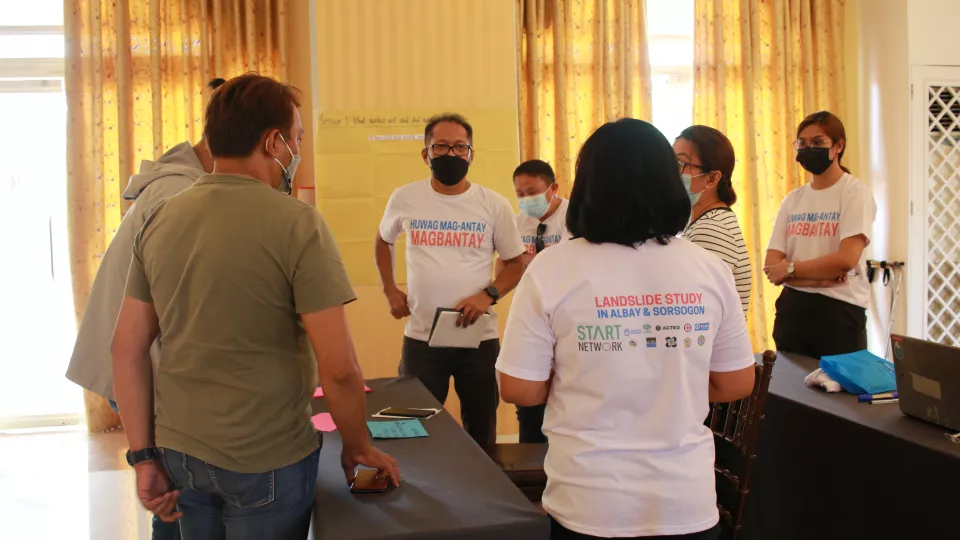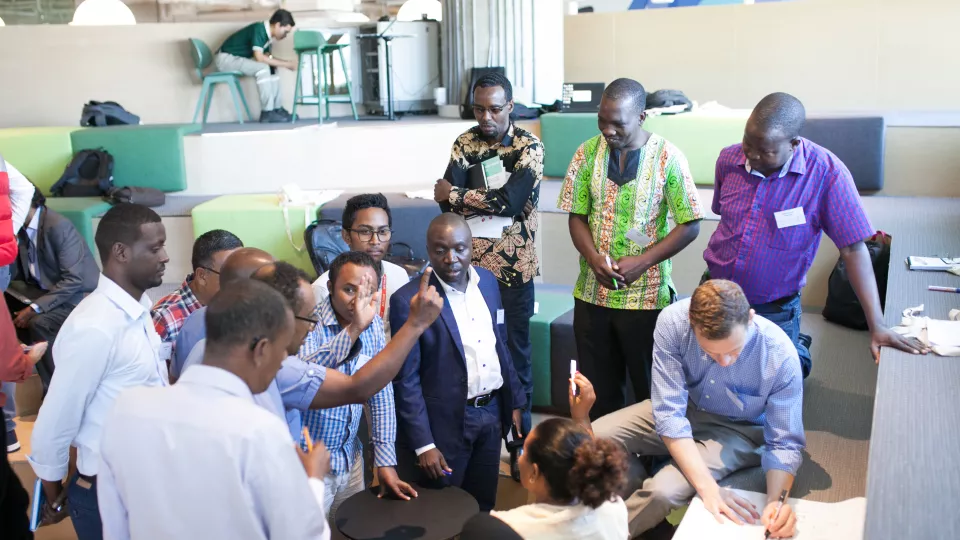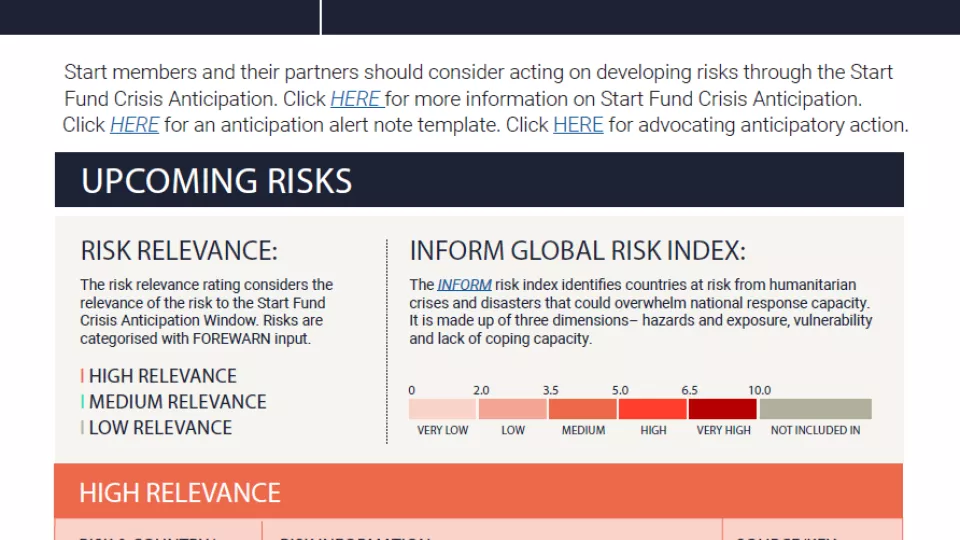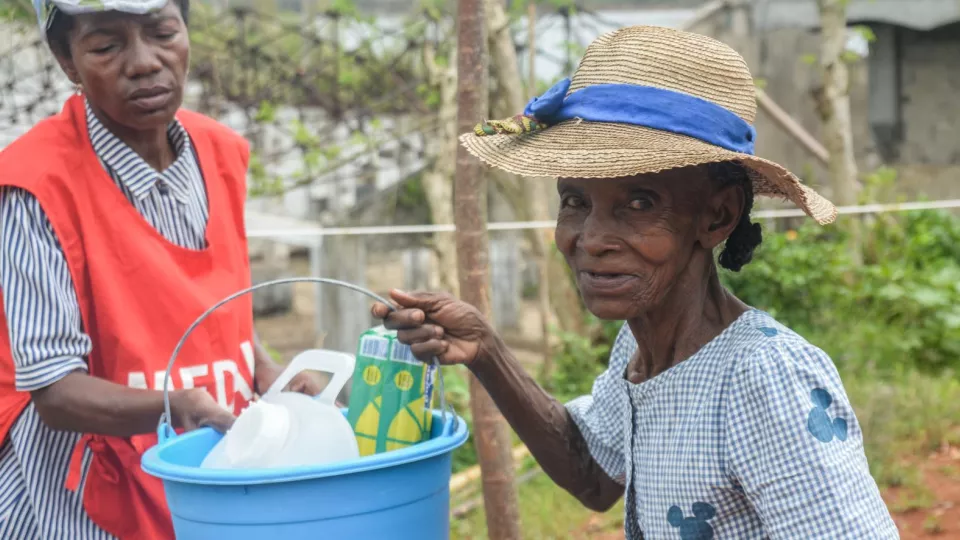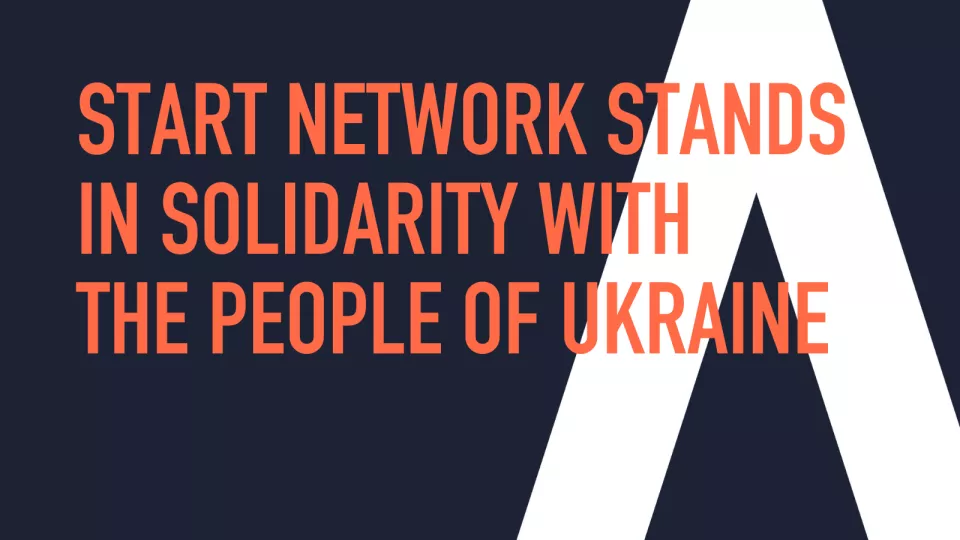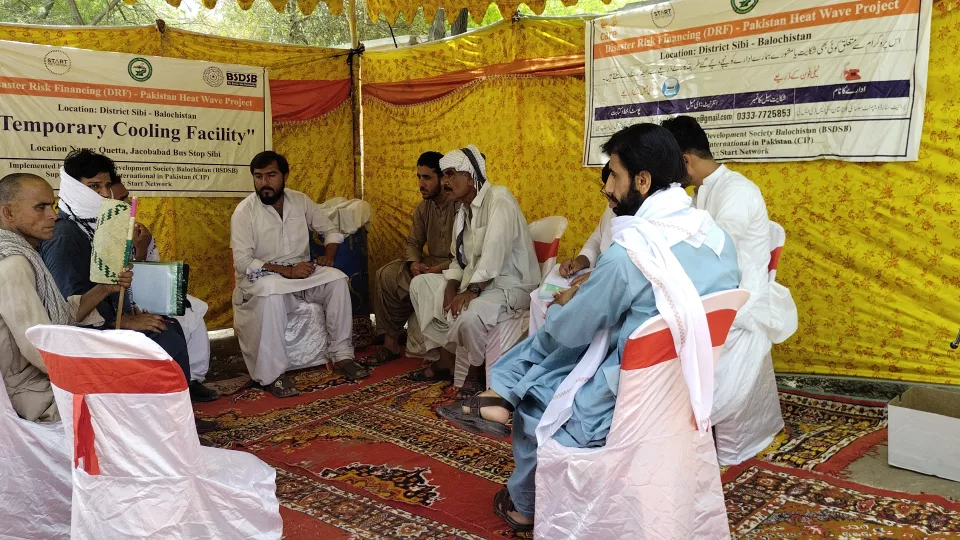
Closing the learning loop - the added value of community led learning and adapting assistance to better address communities’ needs
In June 2021, Bright Star Development Society Balochistan (BSDSB), were funded to assist in mitigating an anticipated heatwave in Sibi (Pakistan). Bright Star provided behavioural messaging in addition to ‘cooling facilities’ that provided cold water and a place to rest.

